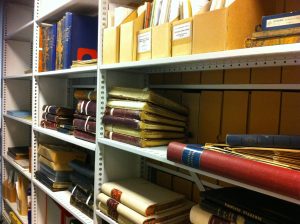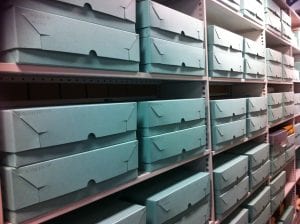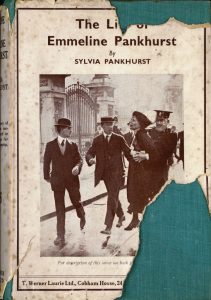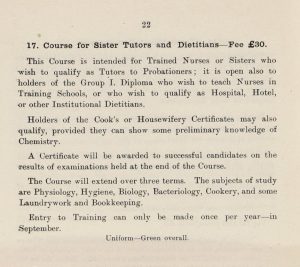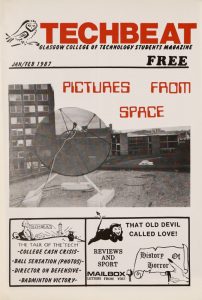Eleanor Peters is a University of Aberdeen PhD student. She has been using the Queen’s College, Glasgow (formerly the Glasgow and West of Scotland College of Domestic Science) records, which are in the final stages of being catalogued as part of the Wellcome Trust Research Resources Project. Many thanks to Eleanor for sharing the fascinating information she has found from the records. I wonder what other areas of research the catalogue will unlock when it goes live later this year. (KM)
Over the last year, I have had the pleasure of visiting the Glasgow Caledonian University (GCU) archive several times to carry out research for my PhD. As a part-time research student in the second year of my studies, my thesis is still very much ‘taking shape’; however, it was the records for the Glasgow and West of Scotland College of Domestic Science (GWSCDS) which inspired the subject matter of my PhD: Electricity and Domestic Science Institutes in Scotland and England c.1910-1939.
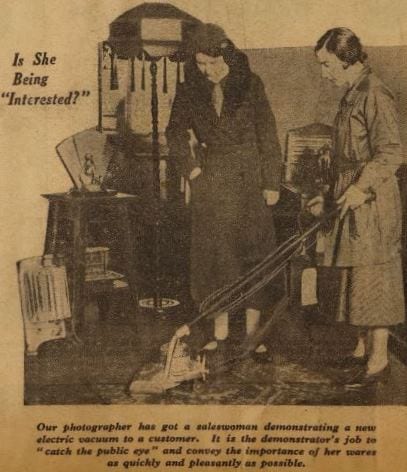
Demonstrating an electric vacuum cleaner, Newspaper cutting February 1934.
Women played an integral role in promoting the uptake of gas appliances in Britain in the late 1800s; large audiences gathered to watch female appliance demonstrators (also known as ‘Lady Demons’!) cook using gas stoves.[1] I wondered if women had also played an active role in demonstrating electrical appliances; being a student at the University of Aberdeen, I naturally turned my attentions to electrical appliance demonstrations in Scotland first. Continue reading

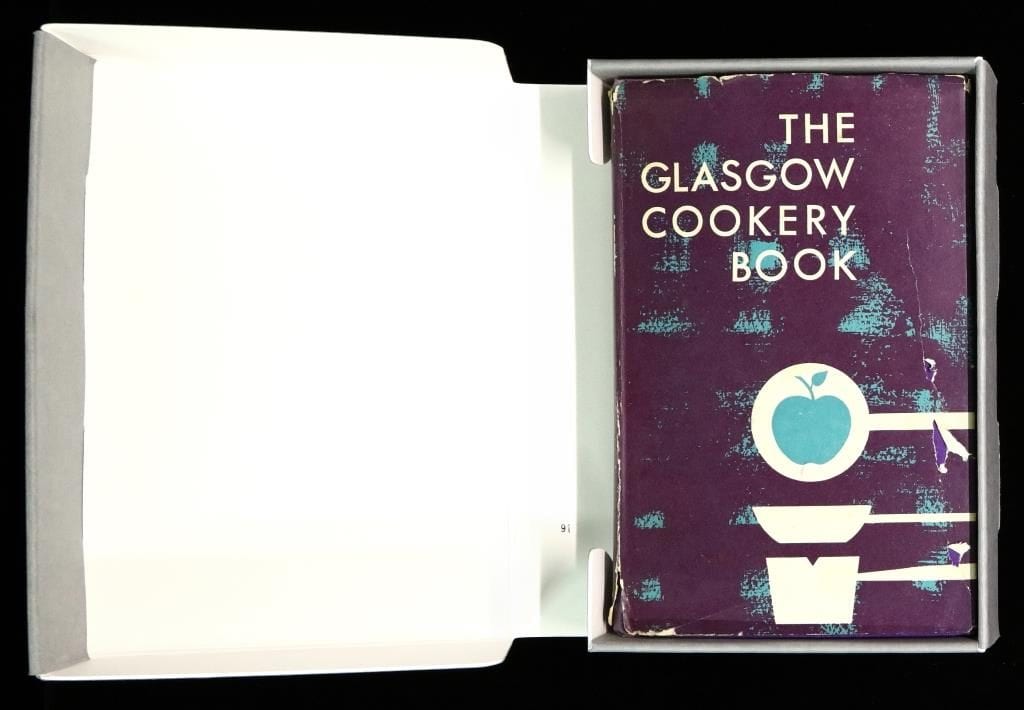 The act of fitting our boxes into their new attire was a strangely pleasurable one, or it was, after the initial dread that I may have got the measurements off by a millimetre or two. Everything fitted snugly and our books are now as safe and secure and smart as they ever have been. The boxes even smell good; but that’s a whole other blog…
The act of fitting our boxes into their new attire was a strangely pleasurable one, or it was, after the initial dread that I may have got the measurements off by a millimetre or two. Everything fitted snugly and our books are now as safe and secure and smart as they ever have been. The boxes even smell good; but that’s a whole other blog…